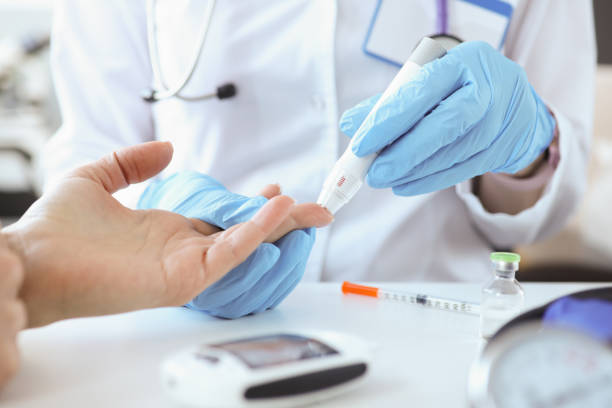
Cholesterol tests are used to measure the levels of cholesterol in a person's blood. Cholesterol is a waxy substance that is produced by the liver and is also found in certain foods. There are two main types of cholesterol: low-density lipoprotein (LDL) cholesterol, often referred to as "bad" cholesterol, and high-density lipoprotein (HDL) cholesterol, often referred to as "good" cholesterol.
Cholesterol tests can help determine a person's risk for developing heart disease and other cardiovascular conditions. They can also be used to monitor the effectiveness of cholesterol-lowering medications or lifestyle changes.
There are different types of cholesterol tests, including a total cholesterol test, which measures the total amount of cholesterol in the blood, and a lipid profile, which provides more detailed information about the different types of cholesterol and triglycerides in the blood.
To perform a cholesterol test, a healthcare professional will typically take a blood sample, either through a finger prick or by drawing blood from a vein. The sample is then sent to a laboratory for analysis. The results of the test will indicate the levels of LDL cholesterol, HDL cholesterol, and triglycerides in the blood.
It's important to note that cholesterol tests are just one tool in assessing a person's risk for heart disease. Other factors, such as blood pressure, family history, and lifestyle choices, also play a role. It's always best to consult with a healthcare professional for a comprehensive evaluation of your cardiovascular health.
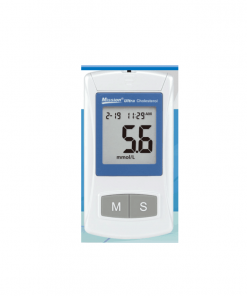
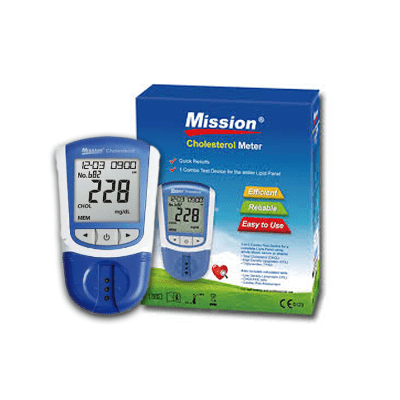
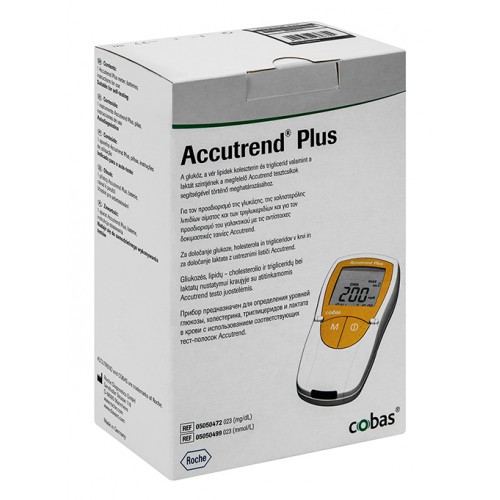

 Adult Diapers
Adult Diapers
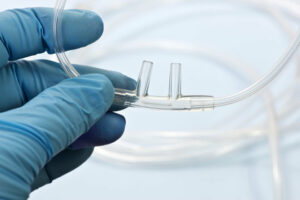 Air Management
Air Management
 Alcohol Tests
Alcohol Tests
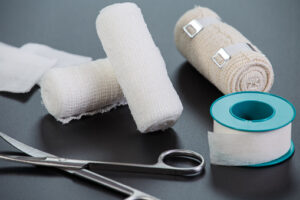 Bandages
Bandages
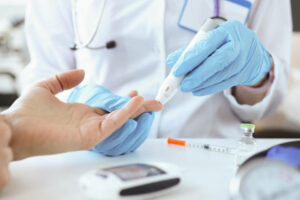 Cholesterol Tests
Cholesterol Tests
 Consumables
Consumables
 Cotton Products
Cotton Products
 Drug Tests
Drug Tests
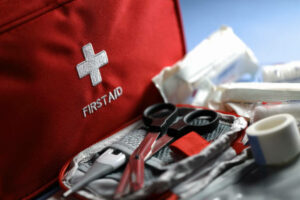 First Aid Kits
First Aid Kits
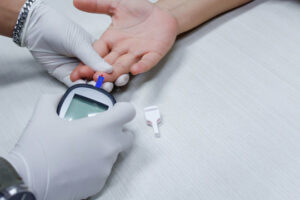 Glucose Tests
Glucose Tests
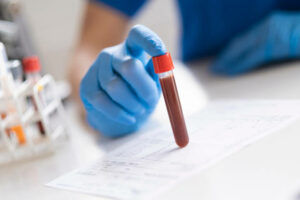 Hemoglobin Tests
Hemoglobin Tests
 HIV Tests
HIV Tests
 Intravenous
Intravenous
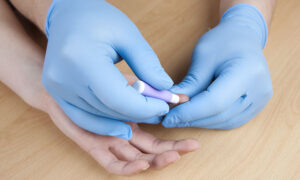 Lancets
Lancets
 Linen Savers
Linen Savers
 Measuring & Monitoring Machines
Measuring & Monitoring Machines
 Mobility
Mobility
 Orthopeadics
Orthopeadics
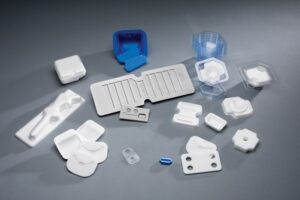 Packaging & Storage
Packaging & Storage
 Pregnancy
Pregnancy
 Safety Wear
Safety Wear
 Supplements
Supplements
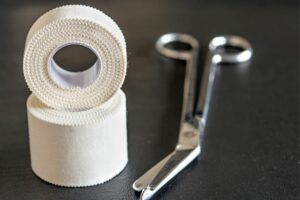 Tapes
Tapes
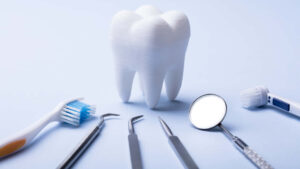 Dental Care
Dental Care
 Ultrasound
Ultrasound
 Urinalysis
Urinalysis
 Wound Dressing
Wound Dressing